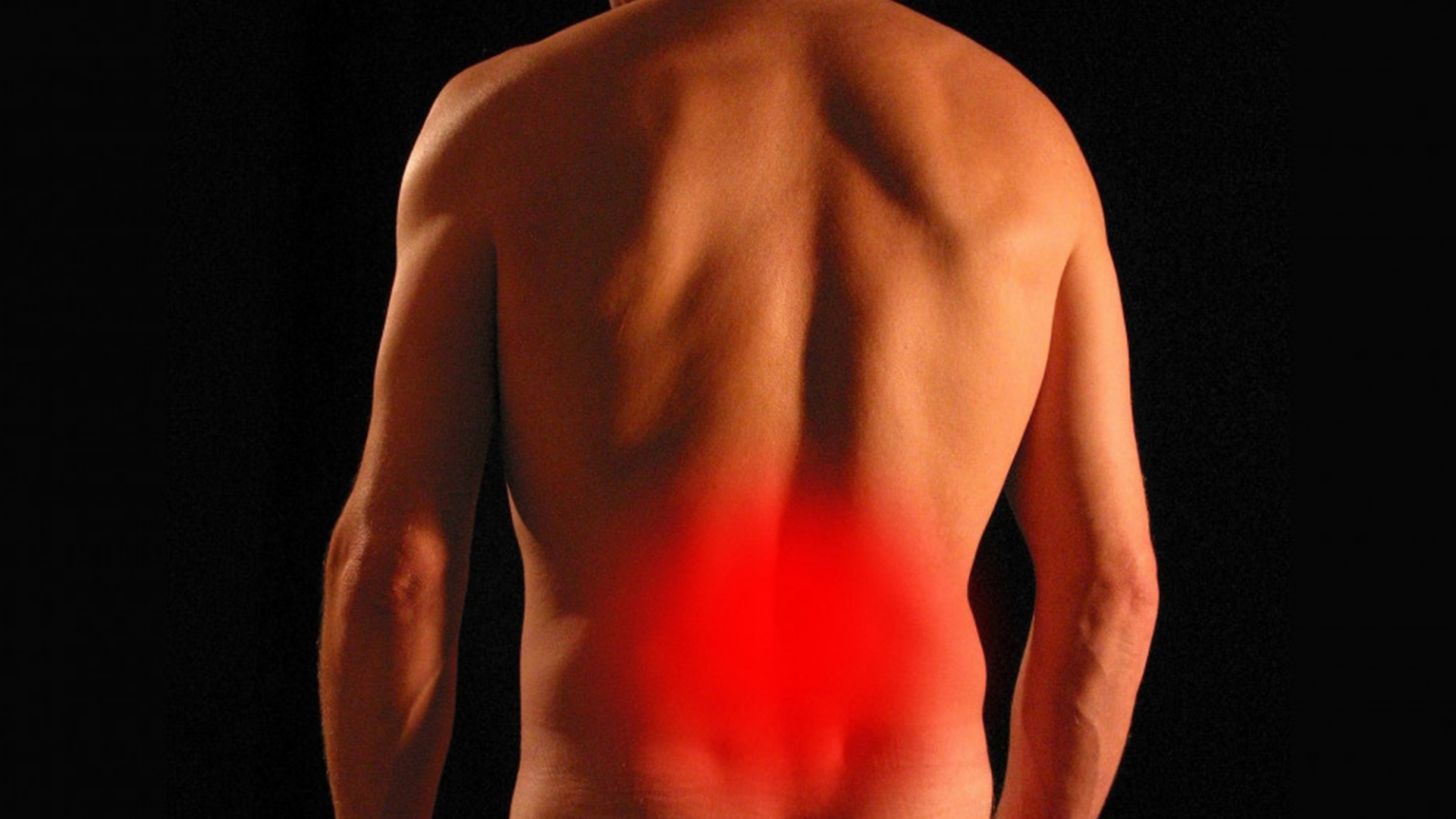The medication your doctor will prescribe will depend on the intensity of the pain. In the case of mild pain, nonsteroidal anti-inflammatory can work. If you have moderate pain, your doctor might prescribe weak opioids such as codeine. But, if you are suffering from severe pain, your doctor might recommend strong opioids such as morphine that need to be handled with care.
If your chronic backache pain is intense, your doctor might suggest surgery to help treat cancer, the pain, or both. Radiation therapy can also treat both back pain and prostate cancer. The therapy is usually delivered in two ways: through the skin or via compounds injected into a vein.
